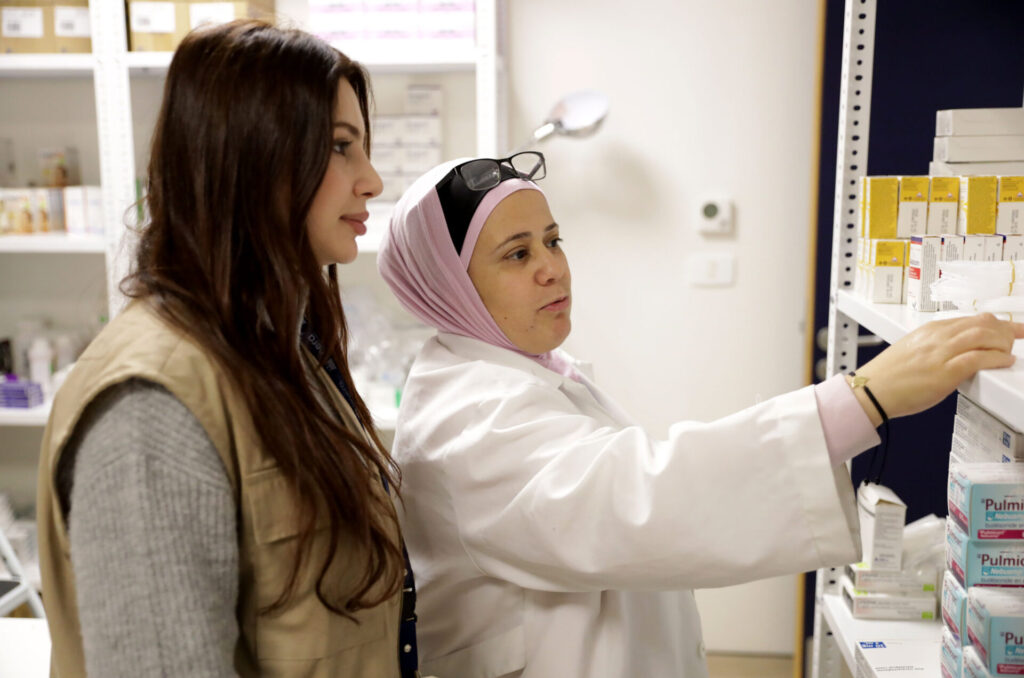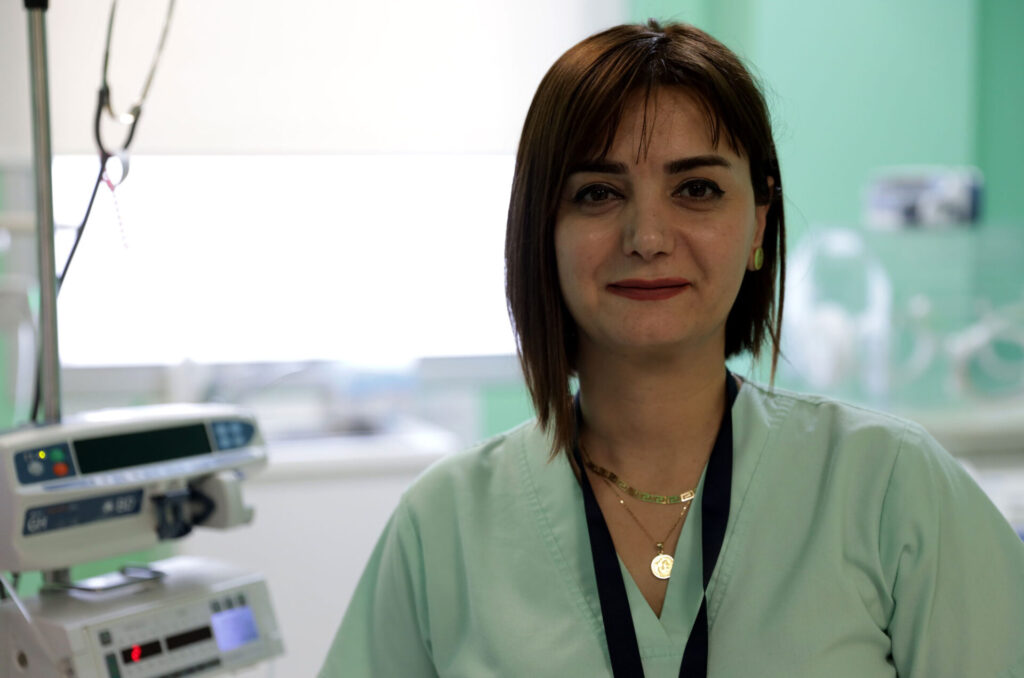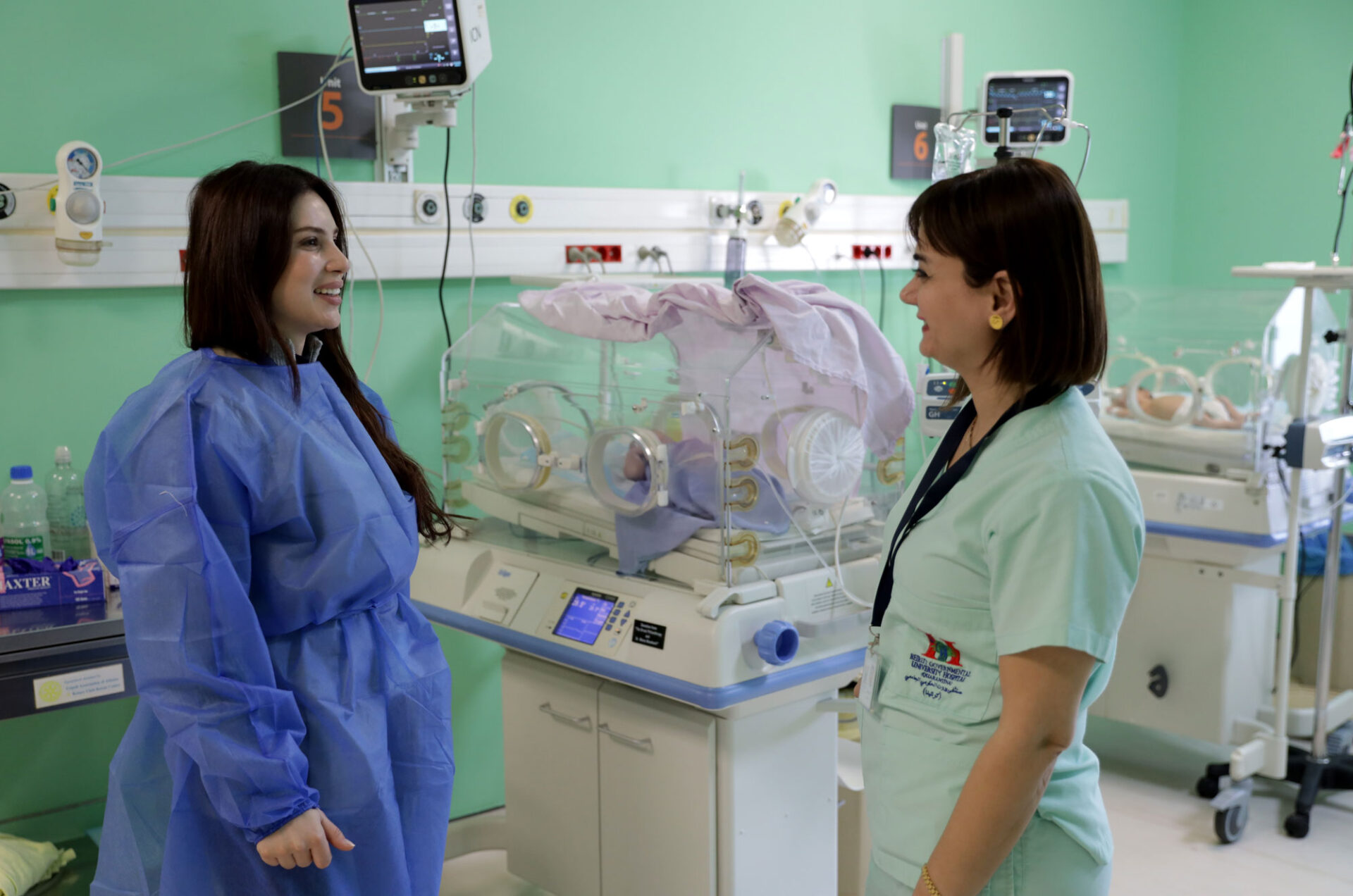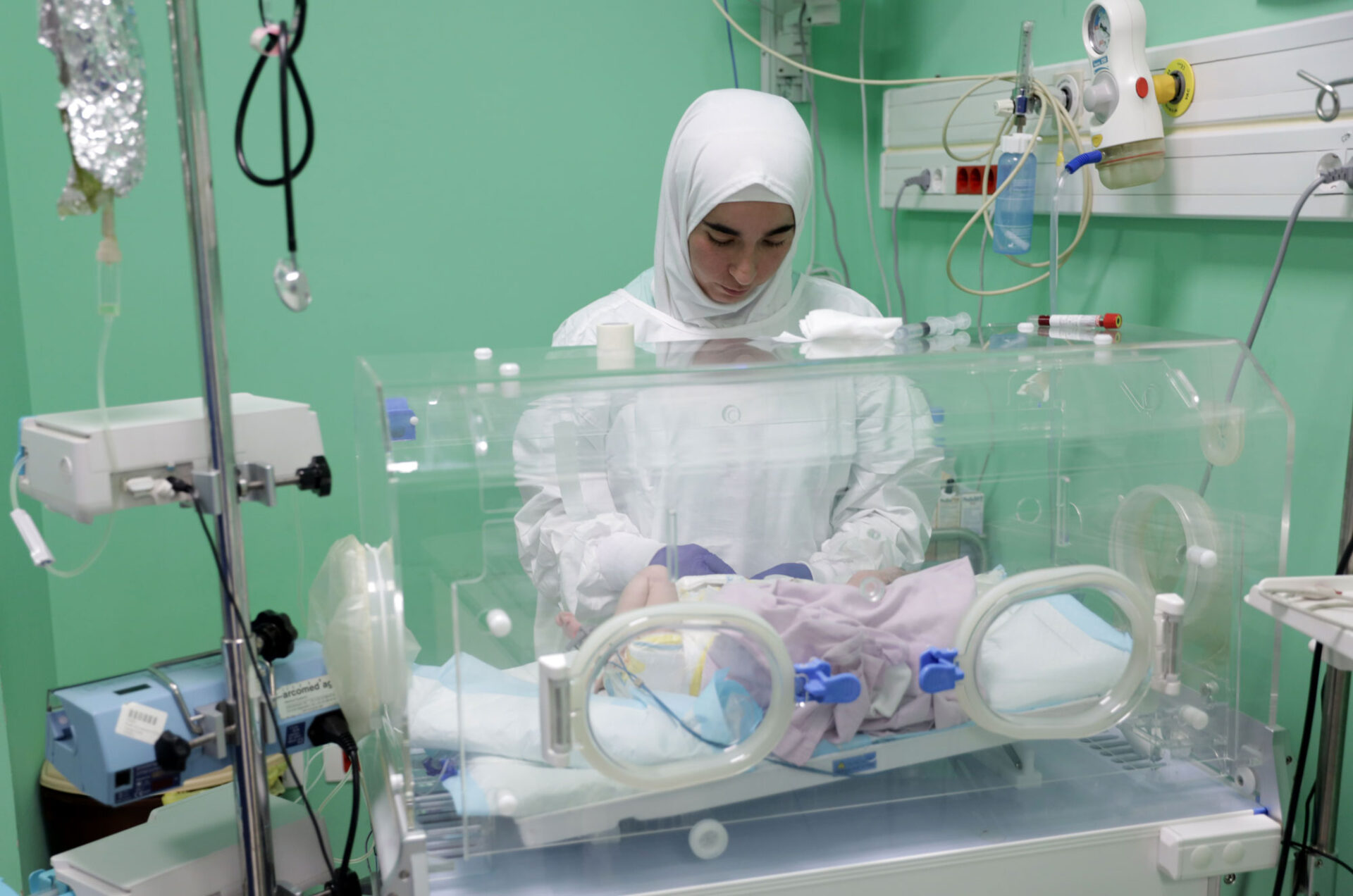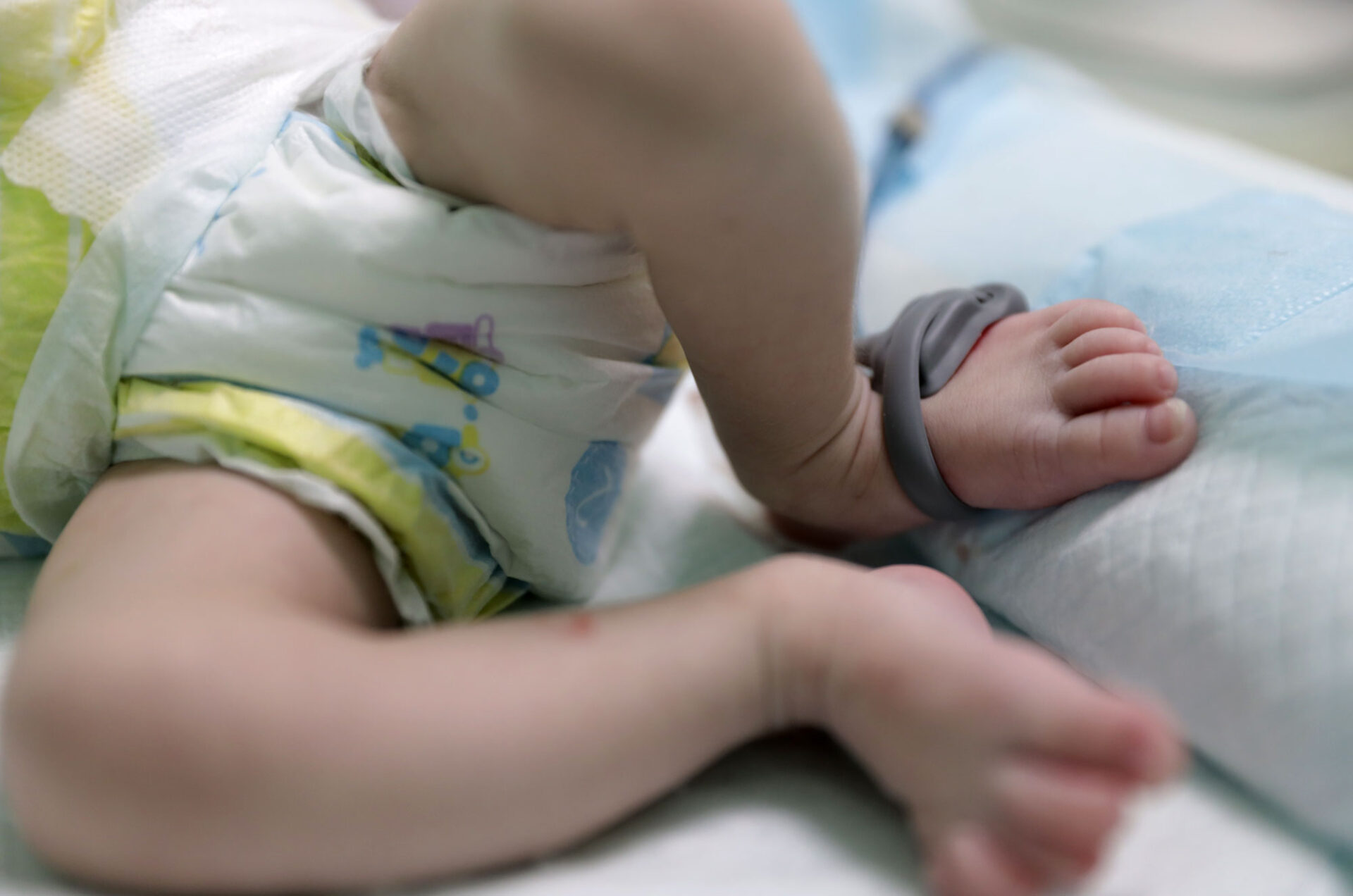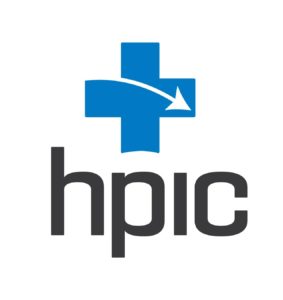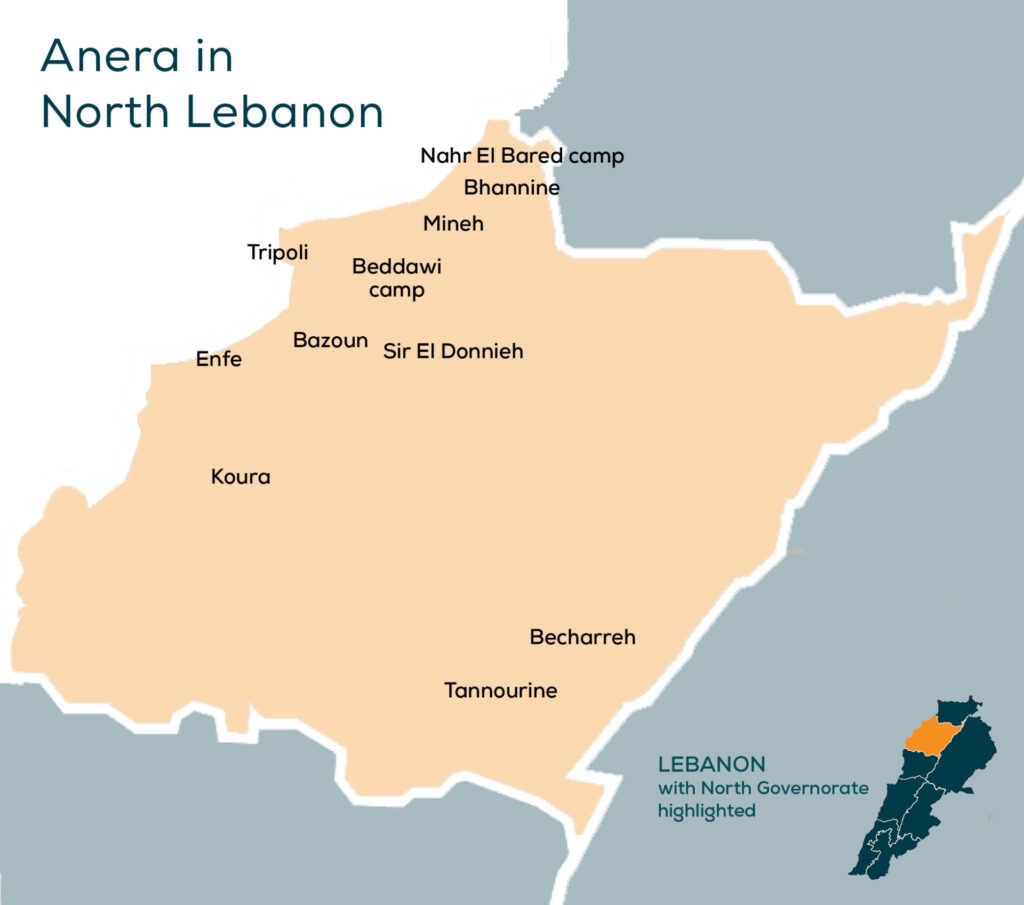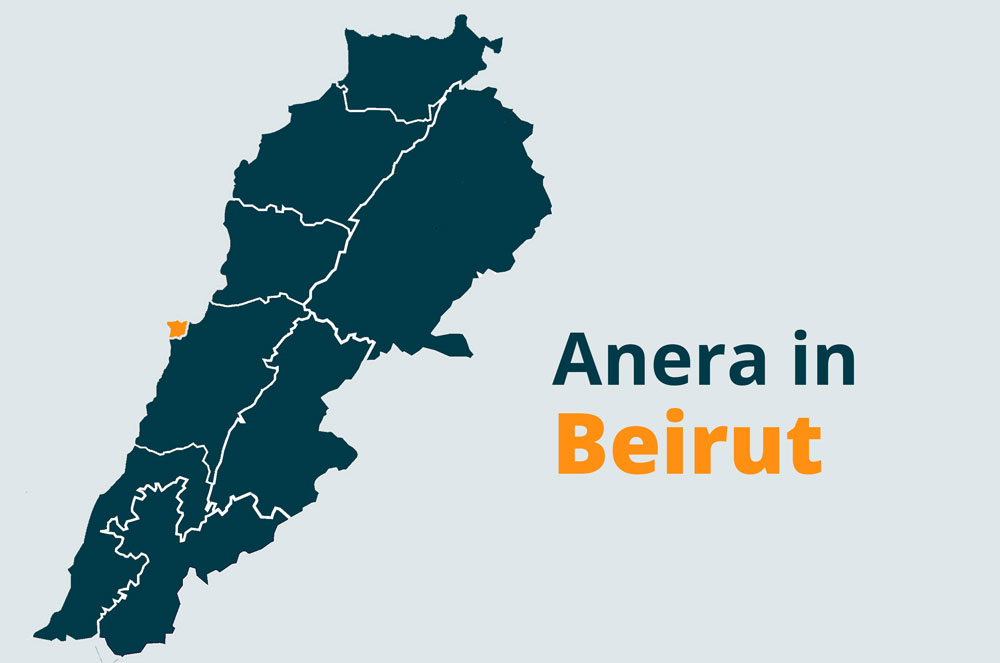Apr, 2025
With support from HPIC, Anera’s NEO-Life project has been ensuring life-saving care for critically ill newborn children for the past three years.
Lebanon's ongoing economic crisis has made access to essential neonatal care increasingly difficult, with increasing costs of medications and treatments contributing to a rise in neonatal mortality. In 2022, approximately 1,040 newborns died due to limited access to care in Lebanon.
In response, Anera partnered with Health Partners International of Canada (HPIC) to launch the NEO-Life project in 2022, aimed at improving neonatal care in Karantina and Tripoli public hospitals. For the past three years, this ongoing initiative has been providing critical medical supplies, antibiotics, IV solutions, and respiratory support medications, directly benefiting the neonatal intensive care units (NICUs) in these hospitals in the Beirut and North governorates.
Since October 2022, a total of 3,640 premature infants have received improved care as a result of Anera’s donations through this project — 2,940 in Tripoli Governmental Hospital and 700 in Karantina Governmental Hospital. These numbers reflect the significant reach and impact of the NEO-Life initiative in Lebanon’s northern and central regions.
The total value of the support provided through this project has exceeded half a million dollars over the past three years.
By easing the financial burden on families, the NEO-Life project has continuously increased access to free, life-saving treatments for premature and critically ill newborns. This support offers relief to parents during an extremely challenging time, ensuring that their babies receive the care they need without the added stress of medical costs.
"The availability of respiratory medications is crucial for newborns with respiratory issues,” says Maryam Sinno, the chief pharmacist at Karantina Governmental Hospital. “Without them, the situation becomes dire for these vulnerable infants."


“Without [these medications], the situation becomes dire for these vulnerable infants."
These medications are essential, but they have frequently been out of stock in the market, causing health complications for infants. Alternatives are not always effective, sometimes causing unwanted side effects, and the cost is often prohibitively high.
This is especially challenging for those seeking care at government hospitals, as they are typically in a vulnerable economic situation. Thanks to this donation, a wide range of life-saving medications for premature infants is now provided free of charge, easing the financial burden on families and offering them much-needed relief during a difficult time.
"We cannot stop treatment for any child — these are life-saving medications," says Aline Kmeid, the head nurse at the NICU in Karantina Governmental Hospital.
"We provide healthcare to premature infants born as early as six months into pregnancy, as well as full-term newborns with health complications. In this department, we receive cases of premature babies as referrals from external hospitals and from our own maternity ward. As a governmental hospital, we receive many referrals due to our lower costs compared to other hospitals. The medications provided through donations from Anera greatly help both the hospital and the families.”
The ongoing NEO-Life project has significantly improved neonatal care in Lebanon, providing life-saving medications for three consecutive years and easing the financial strain on families. By ensuring a stable supply of crucial treatments, the initiative has increased survival rates for premature and critically ill newborns. As this program continues, these donations remain a vital resource in safeguarding the health of Lebanon’s most vulnerable infants.



